With advancements in veterinary medicine, horses are living into their late 20s and early 30s. But there’s a big difference between surviving and thriving. Do you know what changes you should make to your horses' routine as they age? Here are 5 tips to help your senior horses live their best possible life.
#1 - Take care of their teeth
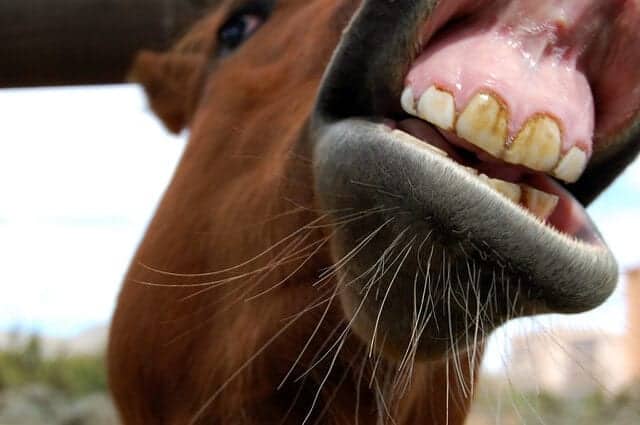
Older horses are prone to many different tooth problems that can cause serious health issues if they aren’t addressed quickly enough. A horse that can’t chew its food properly is likely to suffer from malnutrition, weight loss, and colic, not to mention a higher risk for choking. You should have an equine dentist check out your senior horse at least once or twice a year. Most horses will need their teeth “floated” (sharp points filed down). The vet may also notice that your horse’s teeth are worn down to the roots, which can cause chewing problems. Easy-to-digest senior feeds are available for horses with severe dental issues.
#2 - Feed the right diet
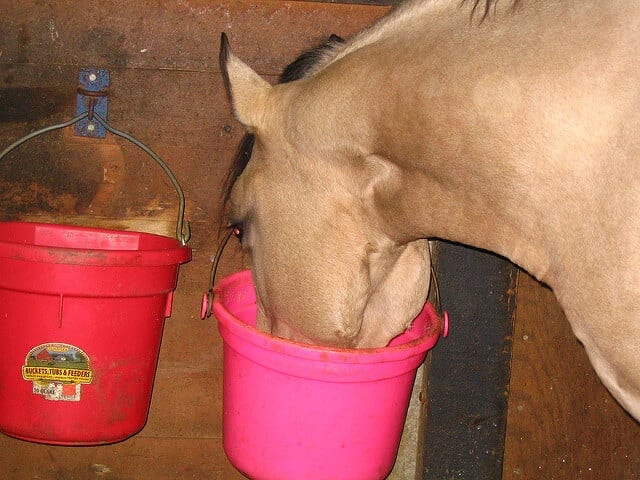
Your horse’s nutritional needs may change as they age. Senior horses may start to have difficulty breaking down fiber and may become less efficient in absorbing certain nutrients. Senior feeds tend to be higher in protein, fiber, and fat than standard diets to accommodate the senior horse’s changing needs. They may also be easier to chew and digest. Always avoid feeding moldy or dusty hay, as it may cause respiratory infections or gastrointestinal distress.
#3 - Keep up with parasite control programs
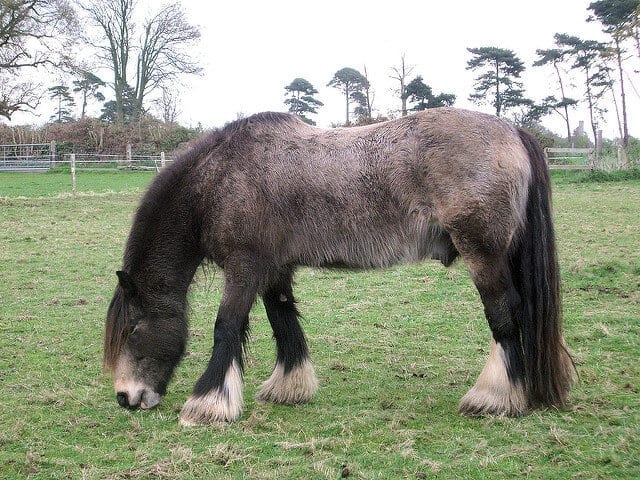
Parasitic damage to the digestive tract is cumulative and can lead to deadly colic. Just because worms are less of an issue today than they used to be, that doesn’t mean you can stop your deworming schedule. In fact, the senior years are arguably the most important time to maintain regular deworming schedules, as even a low parasitic load can be hard on an older horse’s immune system.
#4 - Maximize turnout time

Not only is the light exercise from being turned out to pasture good for easing the pain of mild arthritis, but time spent outdoors can help prevent the development of heaves. Turnout can even reduce a horse’s chance of colic by encouraging natural grazing patterns.
#5 - Maintain regular vet appointments
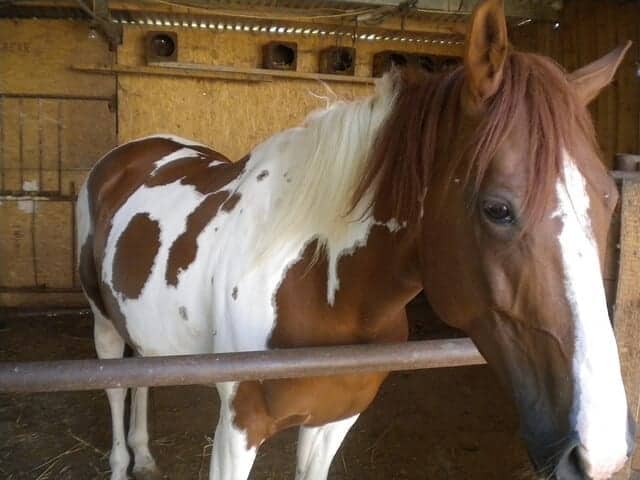
Many health issues are manageable when caught early enough. The longer you go between vet visits, the higher the likelihood that a health issue may be progressing beyond a point of no return. The vet should see your horse at least once a year to record vital signs and perform a lameness test, dental checkup, and fecal egg count. If you schedule the vet visit during vaccination season, be sure to let the vet know you’d like a full check up on top of the vaccinations so they can plan their time accordingly.
(H/T: Equus Magazine and UGA)
Horse Courses by Elaine Heney
- Listening to the Horse - The Documentary by Elaine Heney & Grey Pony Films
- Shoulder In & Out Training for better balance, bend & topline development with your horse
- Over 110+ Polework Exercises & Challenges to Download
- Dancing at Liberty & Creating Connection with Your Horse (11 lessons) - Grey Pony Films

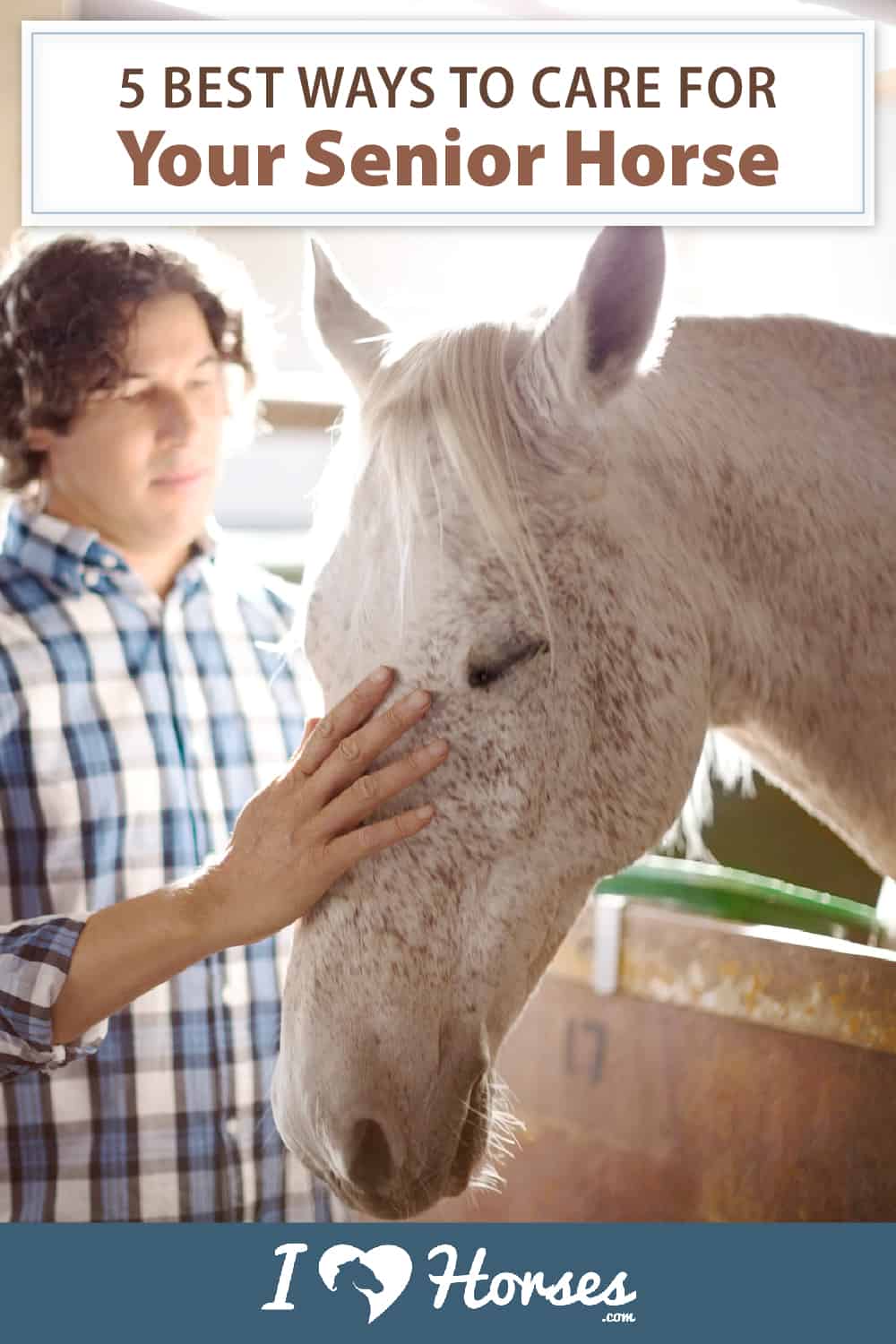
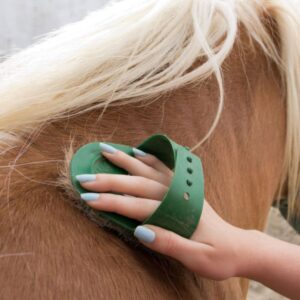
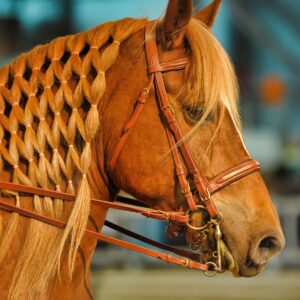
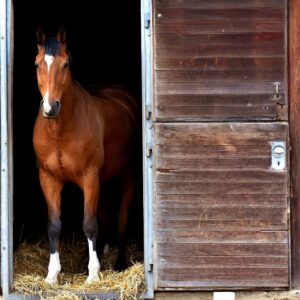
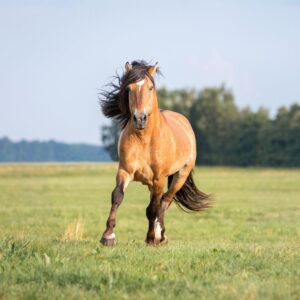
Betsy Klimmek
I purchased a mare with a stifle issue, what do I do to help her? Can she be rode, gently? Could she carry a colt? She is 13 years old